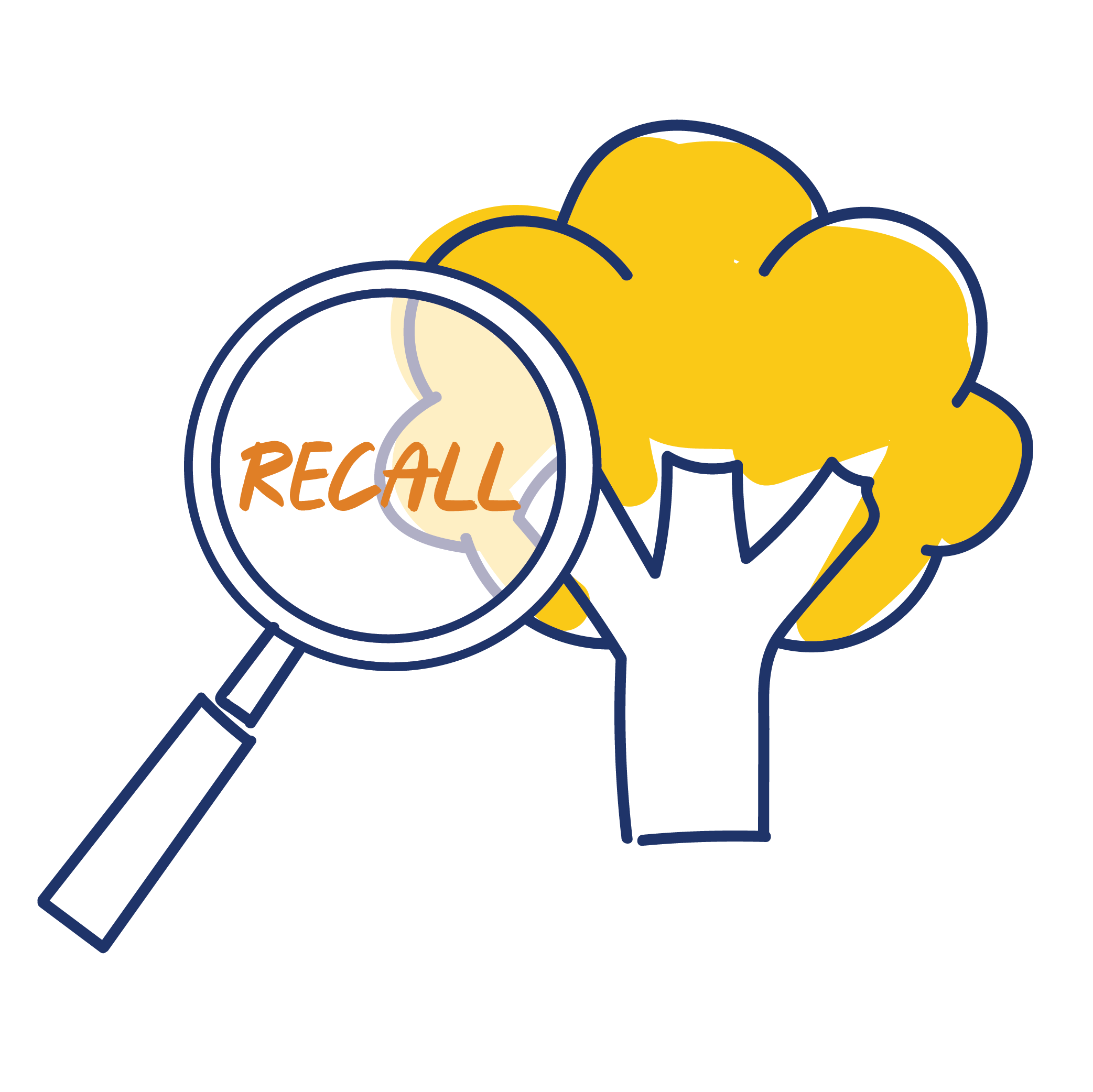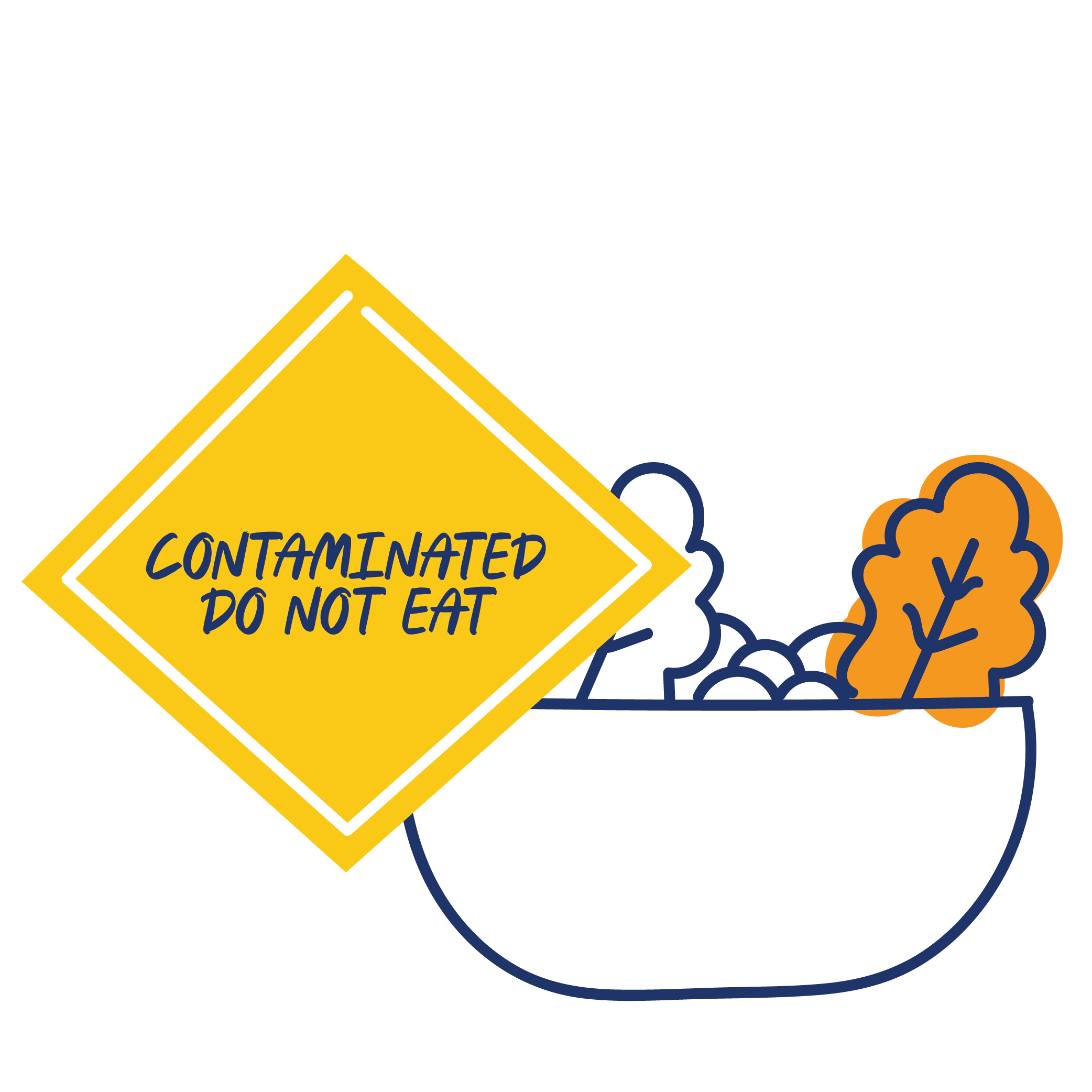Understanding Food Recalls: Ensuring Safety for All
Nov 14, 2024

Food safety is a critical concern for everyone, whether you're a consumer or work in the food industry. We rely on various regulatory measures and industry practices to ensure the food's safety. One such measure is a food recall. In this blog post, we will explore what a recall entails, why they occur, and how they contribute to safeguarding public health. Whether you're a concerned consumer or a professional in the field, understanding food recalls is essential for making informed decisions and maintaining a safe food supply chain.
I. What is a Recall?
Food recalls are voluntary or mandatory actions taken by food manufacturers, distributors, or regulatory agencies to remove unsafe or potentially harmful products from the market. A recall is initiated when there is evidence that a food product poses a health risk to consumers. This could be due to contamination, mislabeling, or other issues that may compromise the safety of the product.
During a recall, the company or regulatory body responsible for the action works to retrieve the affected products from all points of sale, including retail stores, restaurants, and consumers' homes. The goal is to prevent further distribution or consumption of potentially hazardous food items.

II. Reasons for Food Recalls
Contamination:
One of the most common reasons for a food recall is contamination. This can occur due to various factors, such as:
- Microbiological Contamination: Pathogenic bacteria like Salmonella, Escherichia coli, Listeria monocytogenes, or viruses can contaminate food during processing, handling, or storage, leading to foodborne illnesses.
- Chemical Contamination: Harmful substances like pesticides, heavy metals, or allergens beyond safe limits can trigger recalls. Allergen cross-contamination is a significant concern, as even small traces of allergens can pose serious risks to allergic individuals.
- Physical Contamination: Foreign objects like glass, metal fragments, or plastic can accidentally find their way into food products, creating potential safety hazards.

Mislabeling or Undeclared Allergens:
Inaccurate labeling or failure to disclose the presence of allergens can have severe consequences for consumers, particularly those with food allergies or sensitivities. Recalls are initiated when a product is mislabeled, contains incorrect information, or fails to declare allergenic ingredients.
Quality Issues:
Recalls may also occur when quality-related concerns do not pose an immediate health risk but could impact the product's integrity or consumer experience. For example, a product might have spoiled or developed an off-putting odor, taste, or texture due to improper storage or handling.
III. The Recall Process
Identification and Investigation:
When a potential safety issue is detected through internal quality control or consumer complaints, the company is responsible for investigating the problem's source and extent. This may involve laboratory testing, analysis of production records, or collaboration with regulatory agencies.
Risk Assessment:
During the investigation, a risk assessment is conducted to evaluate the product's severity and likelihood of harm. This assessment helps determine the appropriate level of action required, ranging from a voluntary recall to a mandatory recall ordered by regulatory authorities.
Public Notification:
Once a recall is deemed necessary, the responsible party must inform the public about the issue and the steps being taken to address it. This is typically done through press releases, social media announcements, website notices, and direct communication with distributors and retailers.
Product Retrieval:
During the recall, the company or regulatory body instructs consumers and businesses on how to return or dispose of the affected products safely. Retailers must also remove the recalled items from their shelves and prevent further sales.
Corrective Measures:
To prevent similar issues in the future, the company conducts corrective actions such as modifying production processes, strengthening quality control measures, or revising labeling practices. Regulatory agencies may also conduct inspections or audits to ensure compliance.
IV. Your Role as a Consumer:
As a consumer, staying informed about food recalls is crucial to protect yourself and your family. Here are some steps you can take:
Stay Updated:
Regularly check reliable sources such as regulatory agencies' websites or social media pages, food safety organizations, or news outlets for recall information.
Check Product Labels:
Read product labels carefully, especially if you have food allergies or dietary restrictions. Look for any advisory statements, allergen declarations, or expiration dates.
Act Promptly:
If you have purchased a recalled product, follow the instructions provided by the company or regulatory agency. Return the item to the store or dispose of it according to the guidelines given to ensure it doesn't pose a risk to anyone else.
Conclusion:
Food recalls play a vital role in safeguarding public health and maintaining the integrity of the food supply chain. Understanding the reasons behind recalls and the recall process empowers consumers and industry professionals to make informed decisions and take appropriate action when necessary. At GoHACCP with Experts, we specialize in food safety and offer comprehensive consulting services to assist businesses in preventing and managing recalls. Our team of experts is equipped with the knowledge and experience to help you navigate the complexities of food safety regulations, implement robust quality control measures, and develop effective recall strategies. If you're looking for guidance or support in recall management or any other aspect of food safety, we invite you to contact our company. Together, we can work towards a safer and more secure food industry.
Gerardo Fernández, Ph.D.in Biology.
Science Consultant at GoHACCP, dedicated to ensuring the safety and quality of food for consumers and manufacturers through scientific expertise and research.

Ensuring Food Safety at Restaurants Following the McDonald's E. coli Outbreak

Beyond Labels: Complying with FSMA 204 for Food Traceability

How to Build Your Prerequisite Program: The Foundation of Food Safety
Join our Food
Safety Community!
Stay ahead of the curve by exploring emerging
trends and technologies in food safety.

